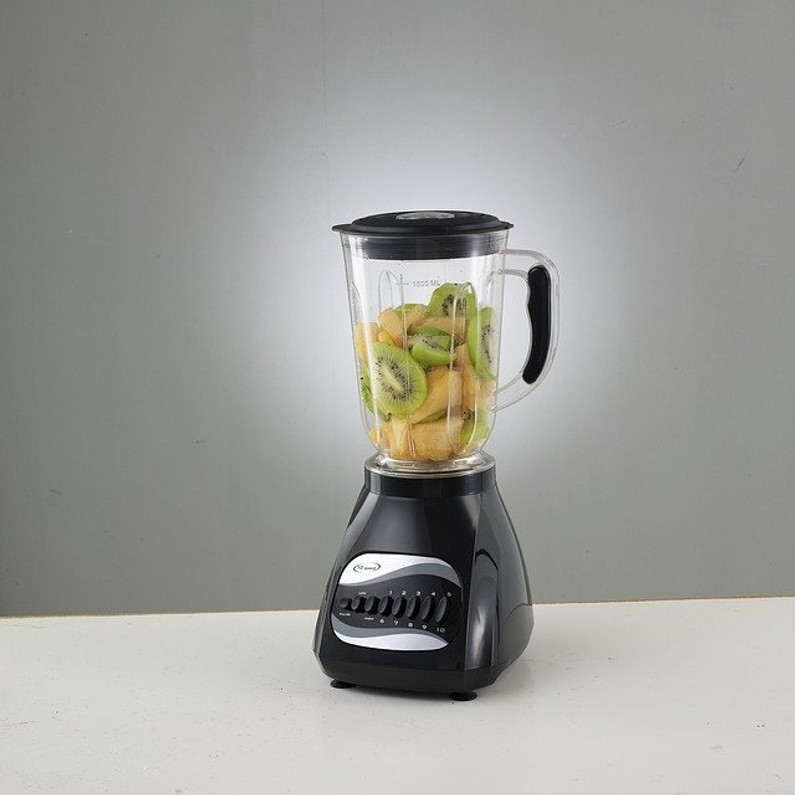Choosing Between a Masticating and Centrifugal Juicer
Fruits and vegetables are an essential part of a healthy diet. Current guidelines set by the United States Department of Agriculture (USDA) recommend adults consume five to nine servings of fruits and vegetables per day. Most Americans, however, consume far fewer servings. If this sounds familiar, you should consider buying a juicer.
Not to be confused with a blender, a juicer is an appliance that's designed to extract the nutrient-rich liquid from plants, including fruits and vegetables. From bananas and strawberries to celery and spinach, you can use them to "juice" a variety of fruits and vegetables, essentially turning them into a delicious beverage. When shopping for a juicer, though, one of the decisions you'll have to make is whether to choose a masticating or centrifugal model.
What Is a Masticating Juicer?
A masticating juicer is a type of juicer that works by grinding and chewing plant matter to extract their nutrient-rich juice. At the bottom of a masticating juicer is a grinding tool that, when activated, grinds up the fruits and vegetables. The nutrient-rich juice then travels through a filter before being dispersed out a nozzle.
What Is a Centrifugal Juicer?
A centrifugal juicer, on the other hand, is a type of juicer that works by chopping and pulverizing plant matter with a rotating blade cutter. They are the most common type of juicer on the market. Like masticating juicers, centrifugal juicers pass the nutrient-rich juice through a filter. With that said, centrifugal juicers use centrifugal force -- an outwards pushing force -- to separate the liquid juice from the plant matter.
Nutritional Value
Masticating juicers are relatively new, but they've become particularly popular among health-conscious individuals. For starters, they offer a higher level of nutritional value than their centrifugal counterparts. This is because masticating juicers produce little or no heat, so they retain more the fruits' and vegetables' nutrients. Centrifugal juicers produce more heat, so conversely, they retain fewer nutrients.
Shelf Life
Masticating juicers also have a longer shelf life than centrifugal juicers. A juiced beverage produced using a masticating juicer can stay good for up to 72 hours when refrigerated. In comparison, a juiced beverage produced using a centrifugal juicer may only be good for up to 24 hours.
Time
In terms of speed, centrifugal juicers come out on top. They use a spinning cutting tool to quickly chop up fruits and vegetables. As a result, you can make a juiced beverage using a centrifugal juicer in just a few minutes. Masticating juicers typically take at least twice as long to use.
Recent Posts
-
Fire Safety in the Workplace: What You Need to Know
What steps are you taking to prevent fires in your workplace? According to the U.S. Occupational Saf …Aug 23rd 2023 -
Is It Safe to Go Jogging With a Cold Infection?
If you're suffering from a cold infection, you might be wondering whether it's safe to go jogging. T …Aug 22nd 2023 -
5 Safety Tips to Follow When Using a Powder-Actuated Tool
Powder-actuated tools are commonly used to join materials to steel and concrete. Also known as Hilti …Aug 20th 2023




